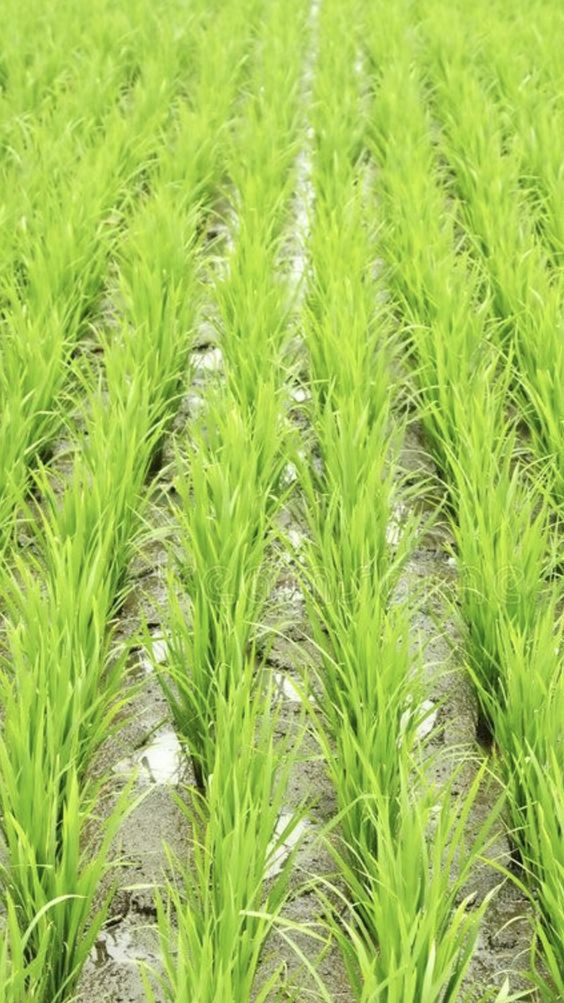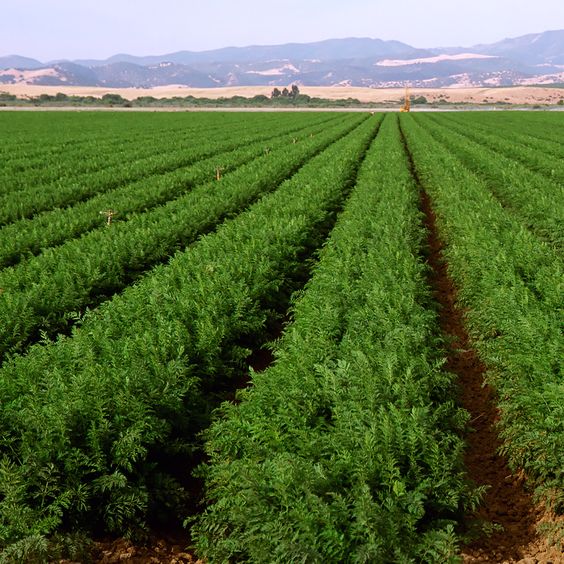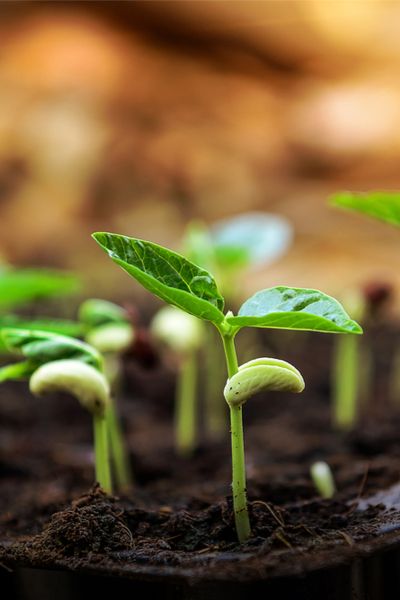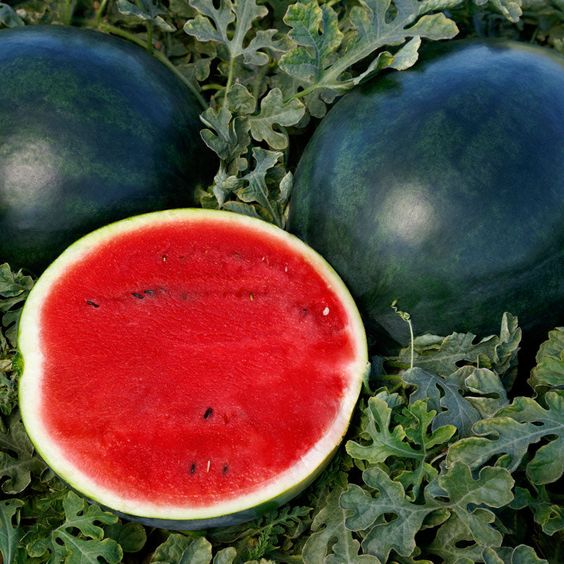Cultivating the Future: How Smart Agriculture Development Drives Sustainable
Agriculture Development sector faces a monumental challenge: feeding a growing global population with ever-dwindling resources. Climate change, land degradation, and water scarcity threaten food security across the globe. To meet this challenge, we need a revolution in farming practices, a revolution driven by innovation and technology – enter Smart Agriculture.
Smart Agriculture, also known as Precision Agriculture, is the integration of technologies like sensors, data analytics, and automation into farm operations. It’s about using data to make informed decisions about every aspect of farming, from soil health and irrigation to crop selection and pest control. This technology-driven approach promises to revolutionize agricultural development, making it more efficient, sustainable, and profitable.
Contents
The Pillars of Smart Agriculture
Smart Agriculture Development rests on three key pillars:
-
Data Collection: Sensors embedded in soil, irrigation systems, and even farm machinery collect real-time data on various parameters like soil moisture levels, nutrient content, and weather conditions. Drones equipped with cameras and multispectral sensors capture aerial imagery of crops, providing insights into their health and growth patterns.
-
Data Analysis: The collected data is then fed into powerful analytics platforms that interpret it, identify trends, and generate actionable insights. These platforms leverage machine learning algorithms to predict crop yields, detect early signs of disease or pest infestations, and optimize resource allocation.
-
Precision Farming: Armed with the insights gleaned from data analysis, farmers can implement precise actions. This could involve targeted irrigation based on soil moisture levels, application of fertilizers only in deficient areas, or the use of robotics for weed control and selective harvesting.
Benefits of Smart Agriculture for Development
Agriculture Development holds immense potential to transform agricultural development across various aspects:
-
Increased Efficiency: Precise resource allocation leads to reduced water usage, optimized fertilizer application, and minimized energy consumption. This translates to lower production costs and higher profits for farmers.
-
Improved Sustainability: By minimizing waste and maximizing resource utilization, Smart Agriculture contributes to a more sustainable farming system. It also helps in soil conservation practices by providing data-driven insights into nutrient management and soil health monitoring.
-
Enhanced Productivity: Data-driven decisions and precision farming techniques lead to increased crop yields and improved crop quality. This ensures greater food security and reduces reliance on food imports.
-
Empowering Farmers: Smart Agriculture empowers farmers by equipping them with the tools and knowledge to make informed decisions based on real-time data. This empowers them to adapt to changing environmental conditions and manage risks effectively.
-
Climate Change Resilience: By providing data on weather patterns and soil health, Smart Agriculture helps farmers adapt to the challenges of climate change. They can adopt drought-resistant crops, implement water conservation measures, and build resilience against extreme weather events.
The Indonesian Context
Agriculture Development, with its vast agricultural potential and diverse landscapes, presents a prime opportunity for Smart Agriculture adoption. The government has recognized the potential of this technology and launched initiatives to promote its use among farmers. Some key considerations for successful implementation in Indonesia include:
-
Infrastructure Development: Reliable internet connectivity and access to affordable sensors are crucial for effective data collection and analysis.
-
Capacity Building: Providing training to farmers on the use of Smart Agriculture technologies and data interpretation is essential.
-
Financial Incentives: Government subsidies or grants can make Smart Agriculture technologies more accessible to small and marginal farmers.
-
Local Innovation: Encouraging research and development focused on solutions tailored to local needs and challenges is vital.
Conclusion: Agriculture Development
Agriculture Development is not just a technological innovation; it’s a paradigm shift in our approach to farming. As we face the challenges of the 21st century, Smart Agriculture offers a path towards a more sustainable, productive, and profitable agricultural sector. By embracing this technology and ensuring its equitable adoption, we can cultivate a brighter future for food security and agricultural development, not just in Indonesia, but across the globe.
The journey towards Smart Agriculture Development requires a collaborative effort from governments, research institutions, agribusinesses, and most importantly, the farmers themselves. By working together, we can unlock the immense potential of this technology and ensure that agriculture continues to be the backbone of a thriving and sustainable future.




